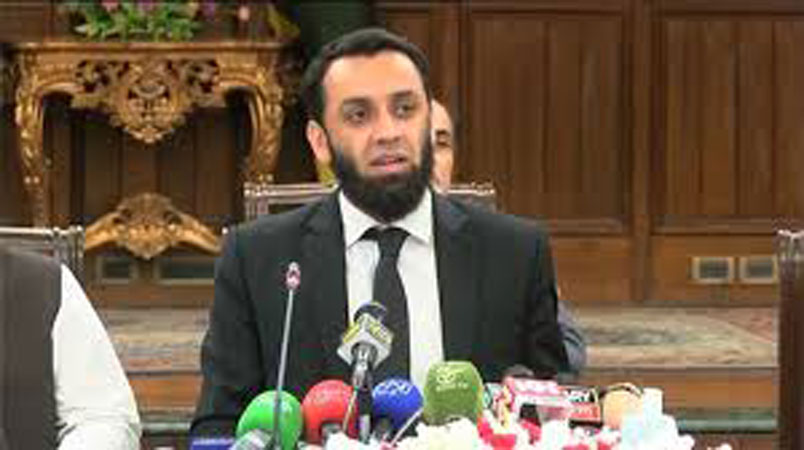SC interpretation of Article 63-A akin to rewriting Constitution: Tarar


Tarar praised National Assembly Speaker Ayaz Sadiq for his efforts in promoting the supremacy of parliament, highlighting a letter Sadiq wrote to the Chief Election Commissioner as a significant step. The letter challenges the Supreme Court’s ruling on reserved seats, asserting that recent amendments to the Election Act render the court’s directive inapplicable.
“Speaker Ayaz Sadiq has always done justice to his role, treating all parties in parliament with fairness and courtesy,” said Tarar. He added that Sadiq’s primary concern has been to ensure no member is treated unjustly, and he has consistently excelled in managing parliamentary affairs.
Addressing the court’s ruling, Tarar said it has raised numerous questions about reserved seats. He commended Sadiq’s stance, stressing that no institution should have the authority to interpret the Constitution according to its own preferences, and that attempts to weaken parliament will be firmly resisted.
Tarar emphasised that the power to legislate and interpret the Constitution rests solely with the elected representatives of the people, and reiterated the government’s commitment to upholding parliamentary supremacy.
Earlier in the day, Speaker Ayaz Sadiq formally challenged the Supreme Court’s decision on reserved seats, arguing that the Election Act amendments passed by Parliament on August 7, 2024, prohibit independent candidates who join a party post-election from switching their affiliation. He stated that this amendment supersedes the Supreme Court’s ruling and called on the Election Commission of Pakistan to implement the new legislation fully.
Sadiq also emphasised that previous court decisions cannot retroactively influence the changes in the Election Act, urging the ECP to uphold the laws passed by parliament and enforce them. This development is expected to intensify the ongoing debate over the balance of power between Pakistan’s judiciary and parliament, particularly in relation to the evolving rules governing the country’s electoral processes.
Leave a Comment